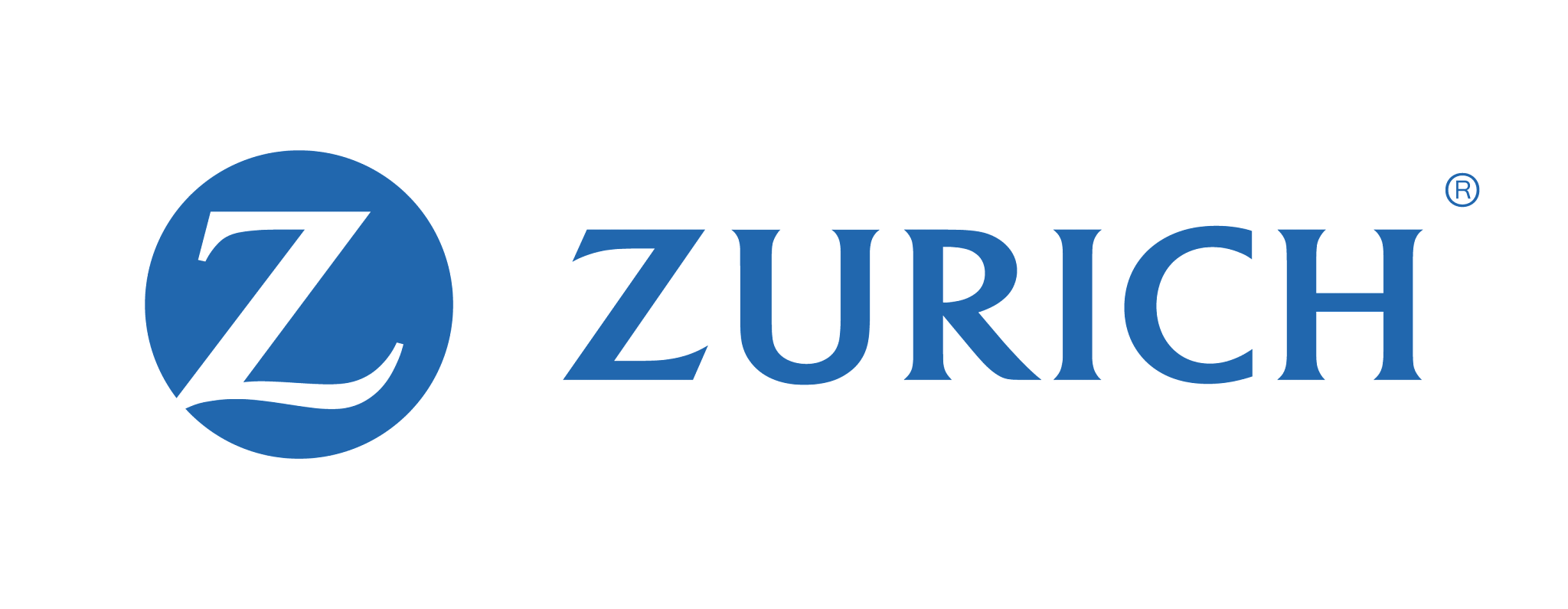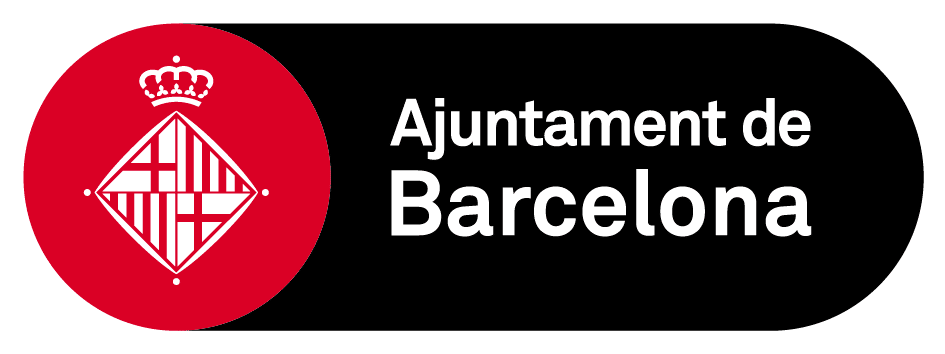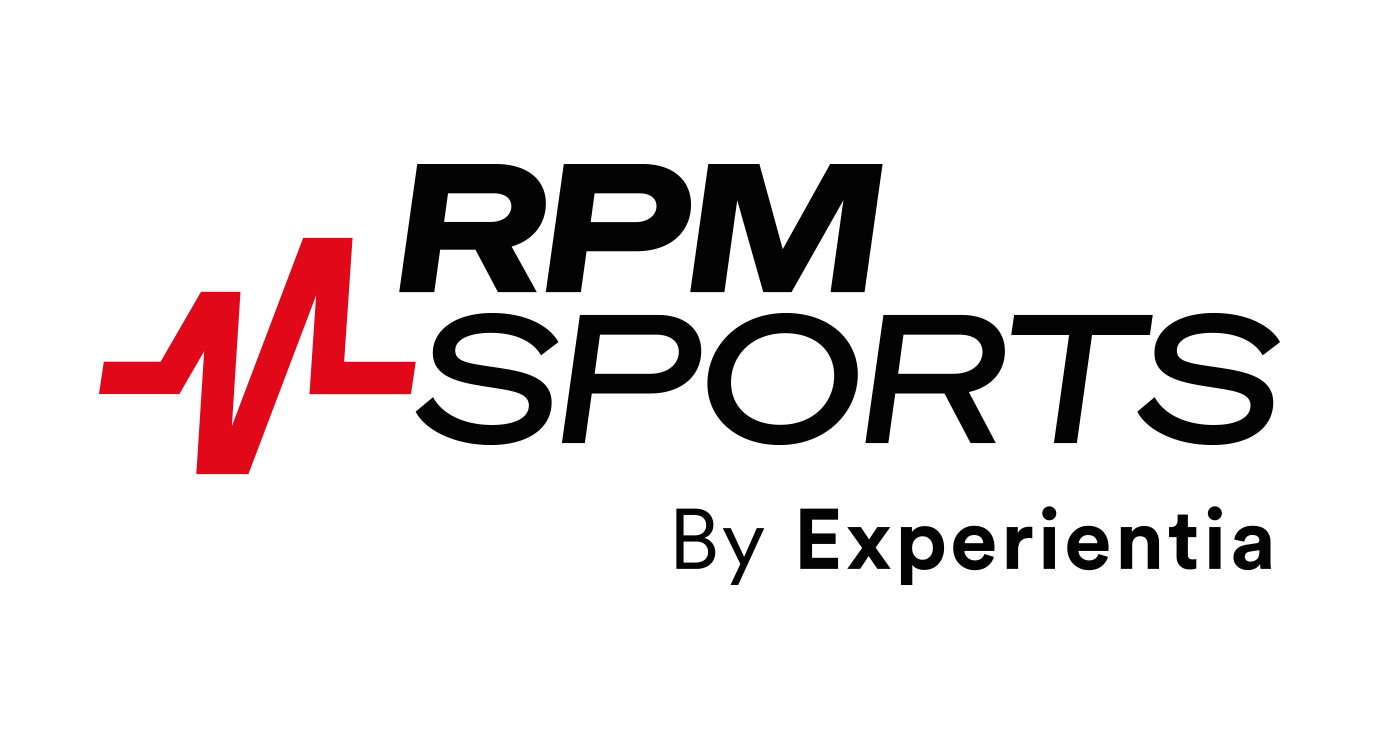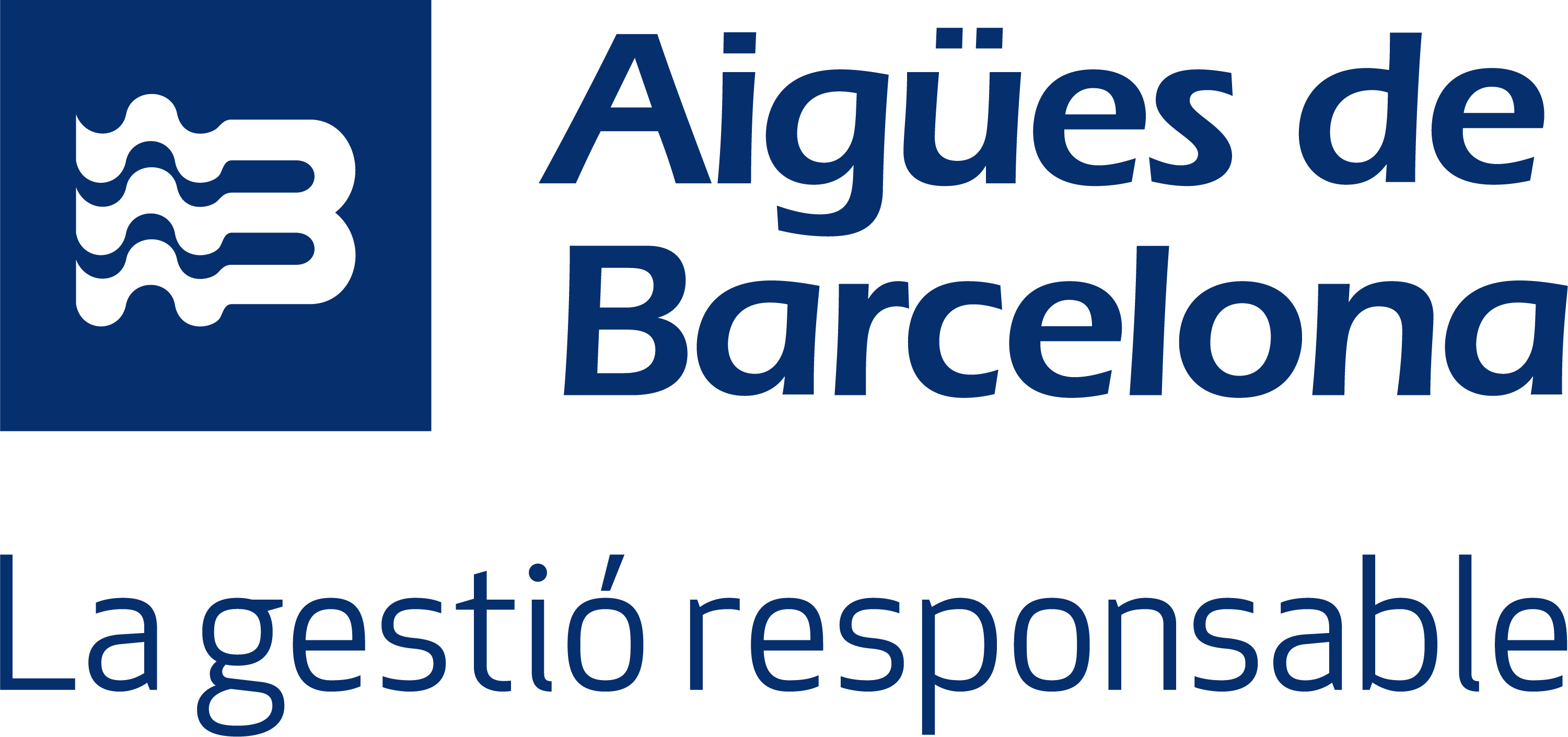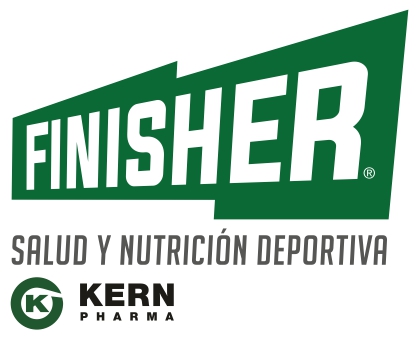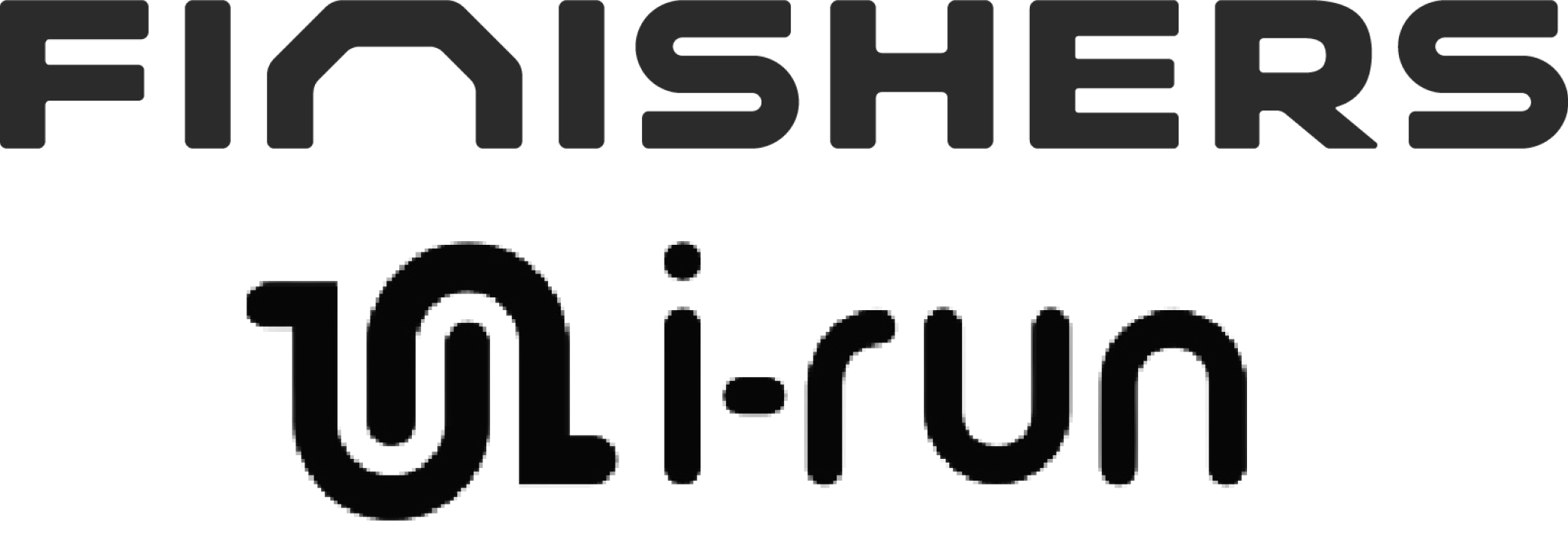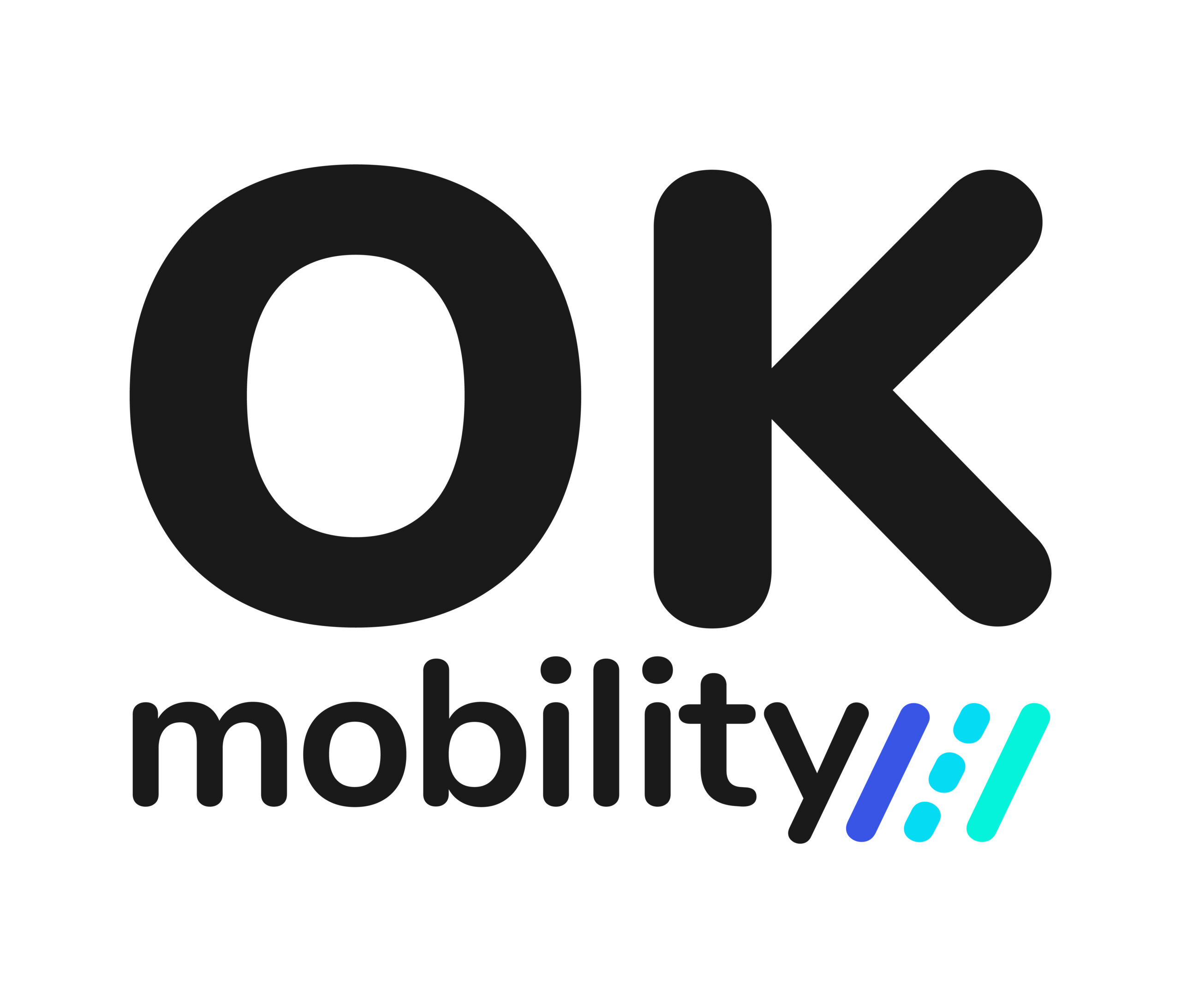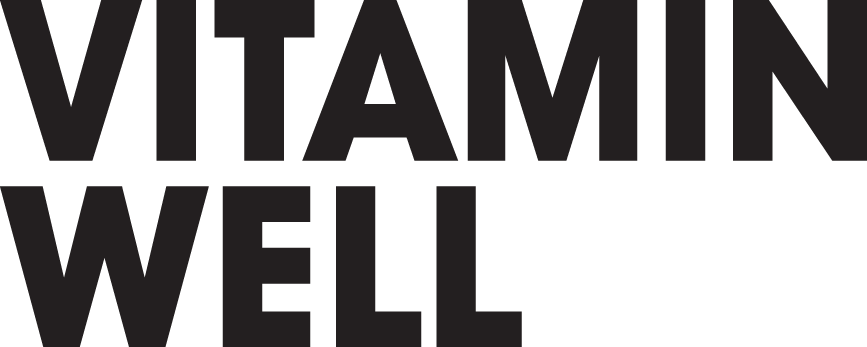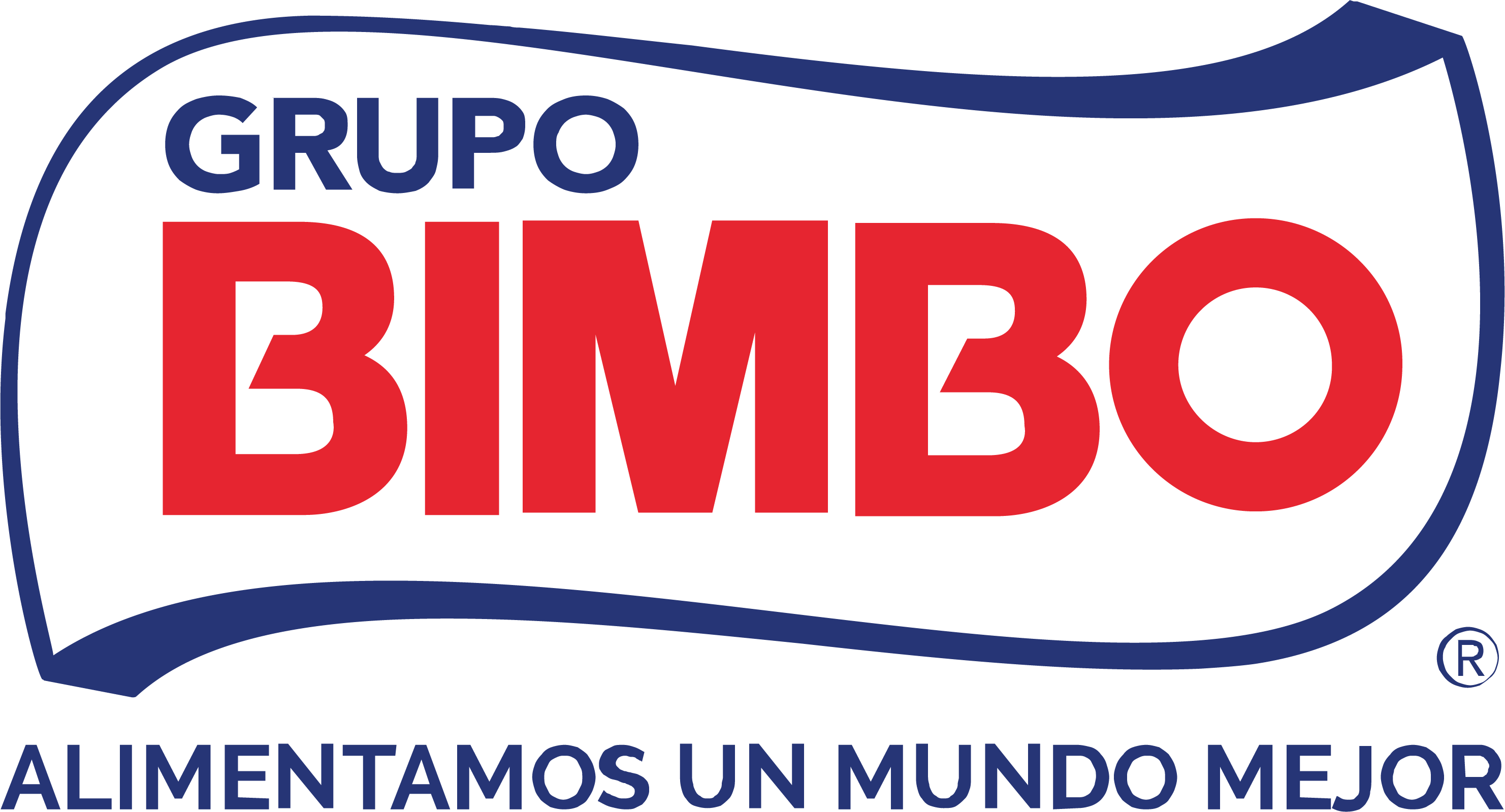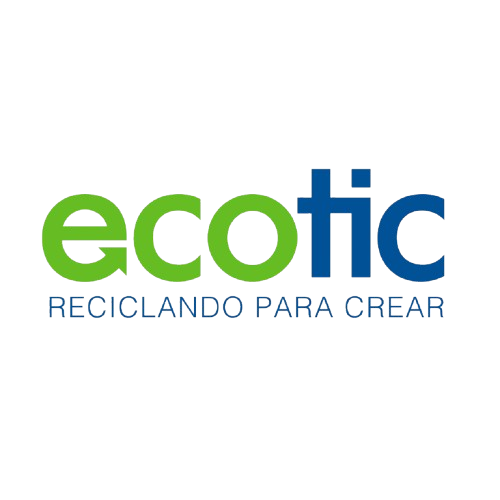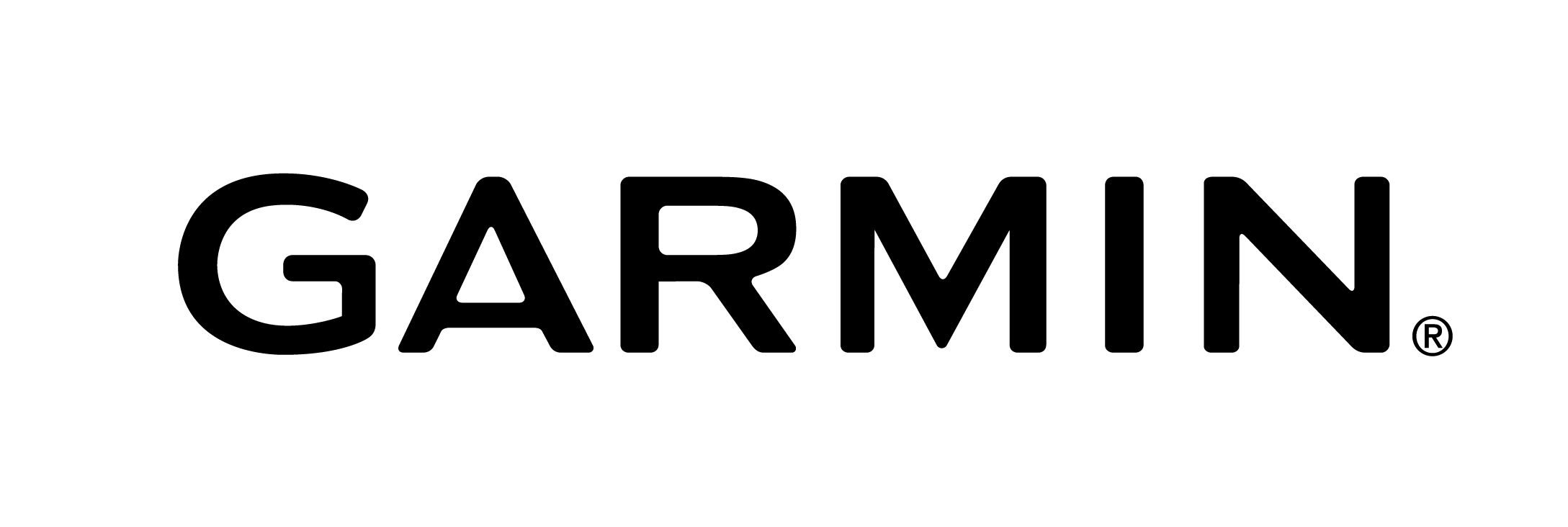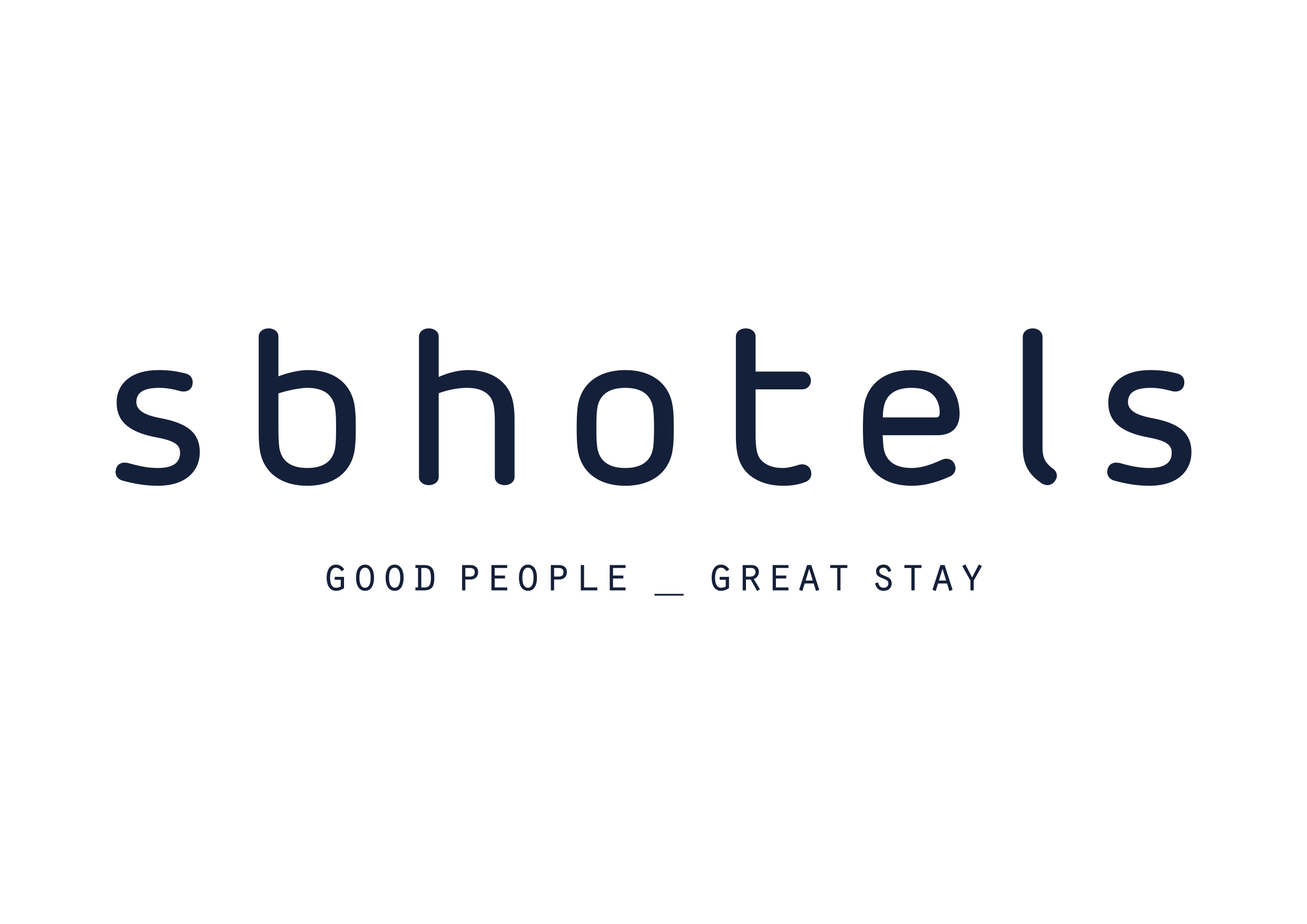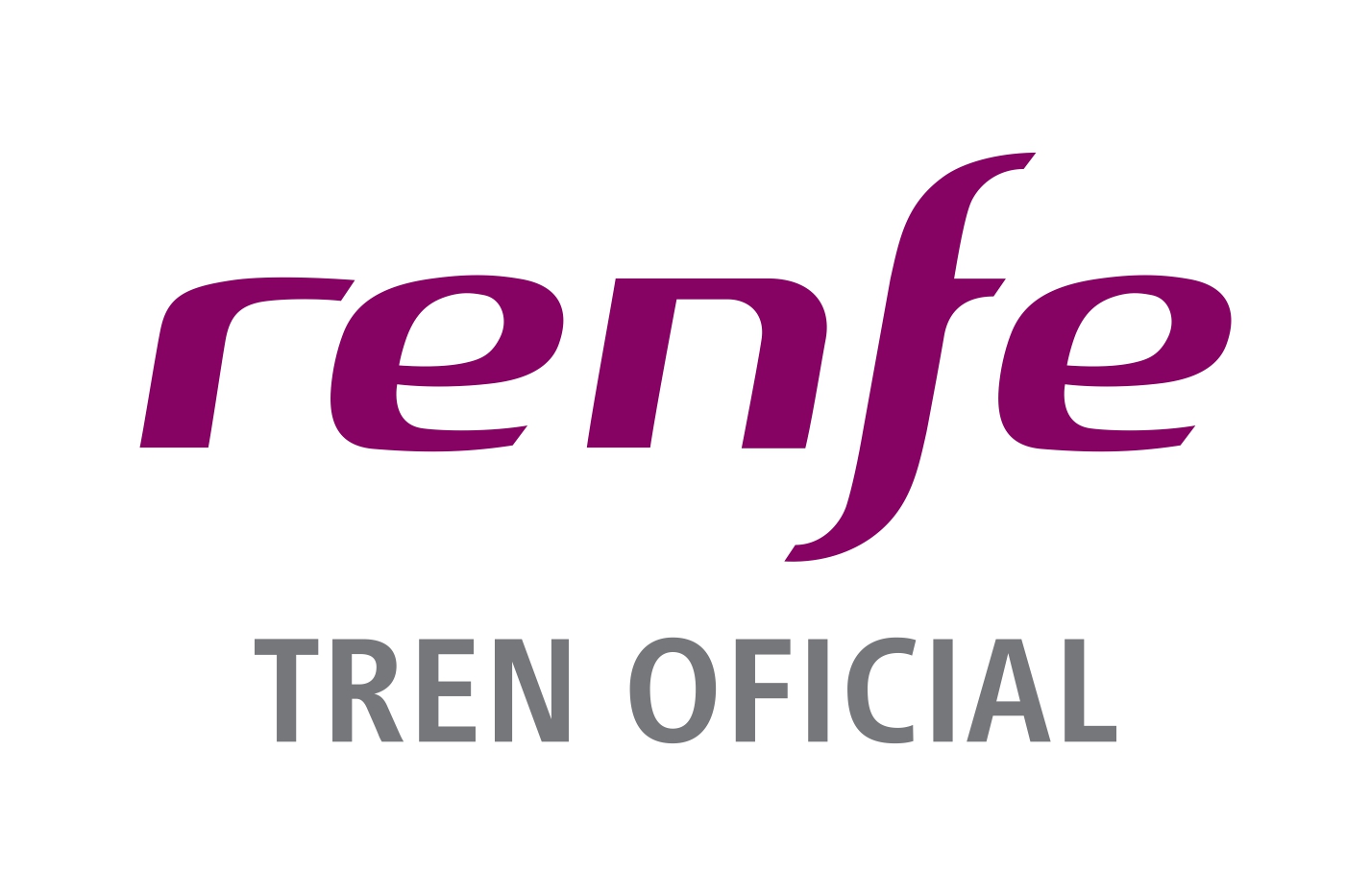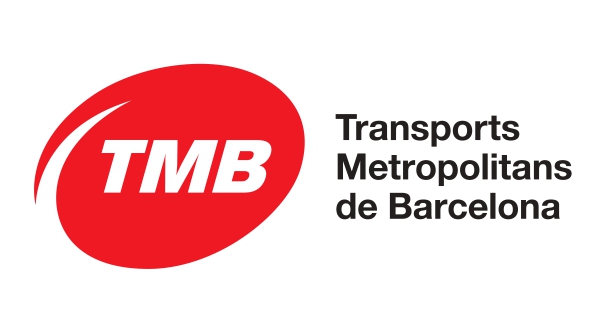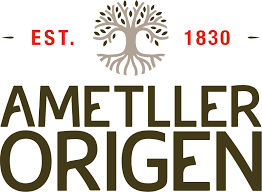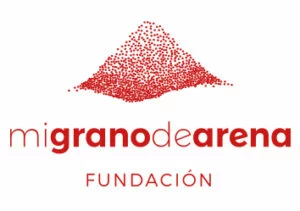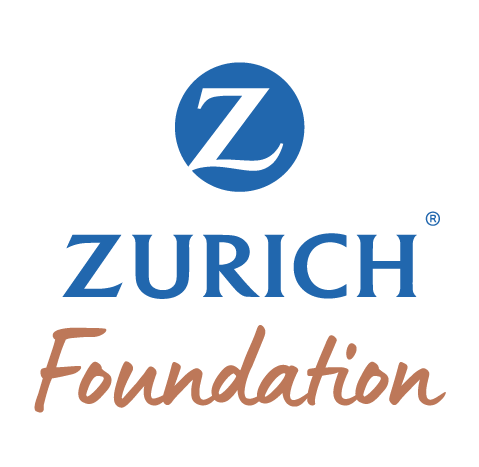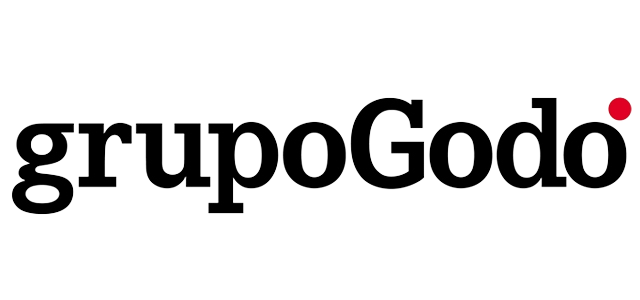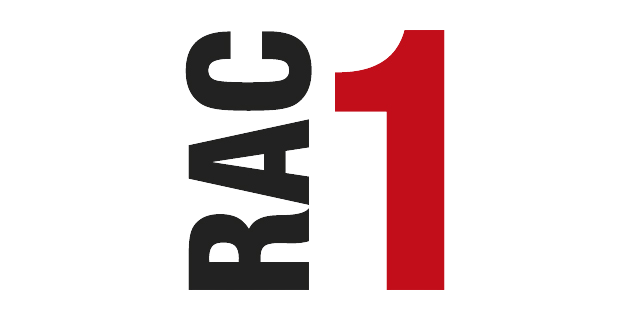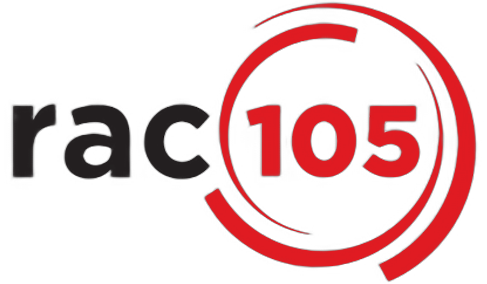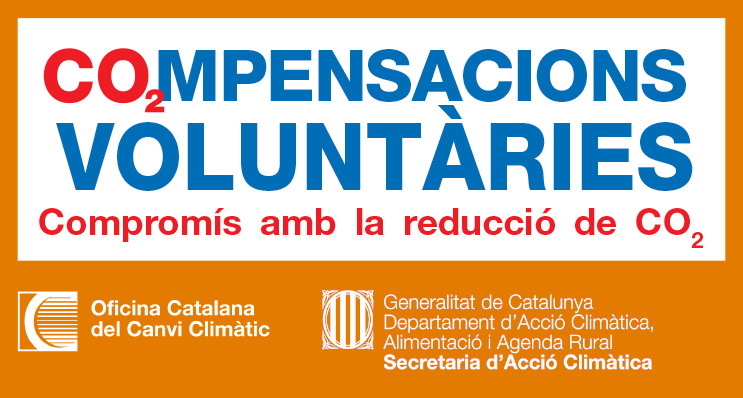10 de March de 2022
The training process
When you start training to prepare for a marathon, you have to combine different types of training.
Here are some suggestions for running sessions, fartleks or interval series to help you prepare your training for the Zurich Marató Barcelona on the 8th of May.
Running sessions: these are uninterrupted running training sessions that do not usually last more than an hour. These sessions are characterised by a bearable intensity, always below the anaerobic threshold. When they are very low intensity and short, we call them regenerative or recovery runs.
Fartleks: the main characteristic of these workouts are the changes of pace, where aerobic rhythms that are easy to carry are combined with rhythms close to the anaerobic threshold or sometimes above it. They are usually entertaining and not excessively long workouts, although they can be very demanding.
Progressive: these are training sessions in which the main part consists of an uninterrupted run, where the pace is gradually increased in different steps. They could be with a long volume combined with a long run or with a lower intensity where in the same session two or 3 blocks of progressive increases are carried out.
Depending on the training objective, the rest between uphill series can be shorter for aerobic intensities or longer, if very high intensities are being worked on.
Series/intervals: these are the quality sessions par excellence and can range from series of 200 m to series of more than 3 km or combinations of these. They are usually very intense sessions that can leave us from 2 to 3 days of fatigue. The most advanced athletes can do two or more sessions a week, but beginners usually do no more than one session a week.
Long runs: these are long training sessions that always last more than an hour and can last up to 2:30 hours or even longer. They can be of varying intensity at the beginning of the preparation. They are usually of low intensity and sometimes on undulating terrain. As we get closer to the competition, long runs can be carried out as progressive training sessions or training sessions where the competition pace is worked on. They are perfect sessions to test the material and nutrition that we will use in competition.
Race pace: any training session in any format where we specifically work on the target pace we want to achieve in our main competition are race pace sessions. The most common formats are series or during long runs.
The technology we have now, watches and other types of gadgets, give us a lot of information about our body: recovery, intensity, volume… However, this amount of information sometimes makes us forgetting the basics. It is essential for any athlete when preparing for a competition to know and listen the body and know how to detect when we may need rest or when we can have a feeling that can lead to an injury. For this reason, it is also important to have a coach to guide you and help you during the training process. Many athletes do not have the training and/or experience to detect this kind of things. In any case, all the information we get thanks to technology has to be a support that helps us during the decision-making process.
Record your training
It is essential to have training logs or a training diary. Sometimes, we are not aware of what we have done or not. Reviewing your training diary after a few weeks will help you to understand if you have the volume and intensity needed to face the coming weeks, or maybe to understand if your body is asking for a break. The two fundamental aspects to consider in this diary are the volume, in how many minutes and hours you did your train and the intensity, meaning by the rhythm of each of your workouts. If you could also keep a registration of the quality and duration of your sleep, also will help us to understand your training process.
Everything could be trained (Material + Nutrition)
As well as doing your best in all training sessions during your preparation, a good lifestyle, nutrition, rest and hydration are vital. Sometimes, we forget that nutrition and the equipment we are going to use are part of 8th of May’s training. Before the competition, it is very important eating the same nutrition (quantity and brand) during the previous weeks in intense and/or long training sessions, because it has to be the same that you are going to use during the competition. The same goes for the equipment, the long runs before the competition, and look for the bestsneakers, jersey and shorts you could have for the important day.
Understanding the planning
Planning for the Zurich Marató Barcelona consists of the 12 specific weeks of preparation. If you are going to follow this schedule it is important to understand that you cannot start from scratch. You must be an active runner who has been training for at least the last four weeks. The planning is characterized by weeks of incremental load, where the workouts get harder and harder with some lighter weeks with the aim will be to recover and assimilate the work done during the previous weeks. During the first weeks of the planning, we propose you to do a 5km or 10km test to know your current state of fitness. You will then be able to adjust your training pace or your target finish time according to your reality. During the preparation for this marathon, we offer you 3 face-to-face training sessions where we will work on technical and pacing aspects for our objectives. Moreover, the eDreams Mitja Marató Barcelona is part of the preparation and we will use it as a 21 km test to determine that the progression towards the Barcelona Marathon is correct. 3 weeks before the big day, we will do the last important long run at competition pace where we will also test the material and race nutrition.







